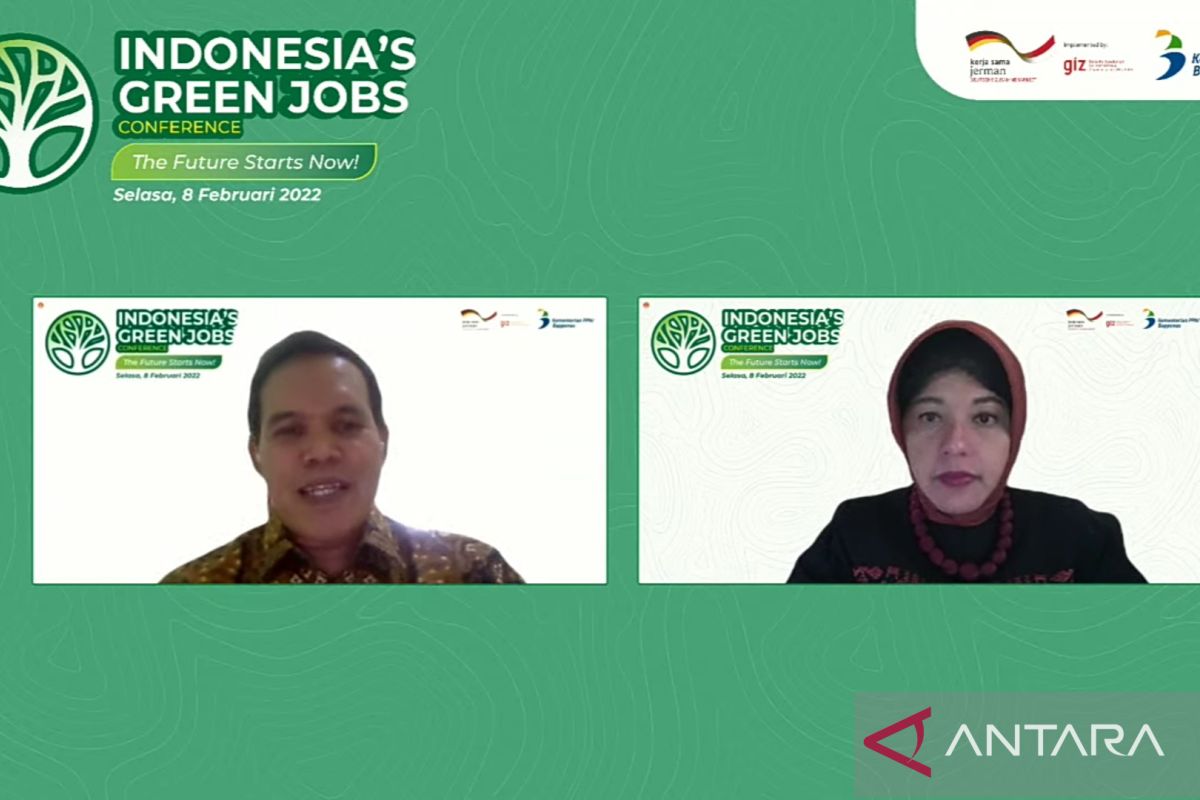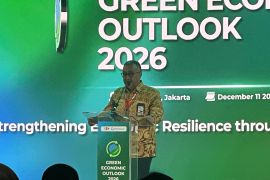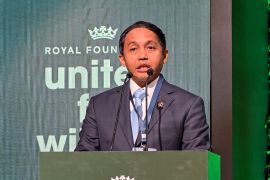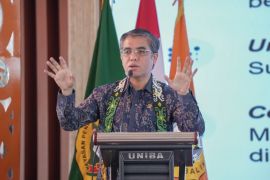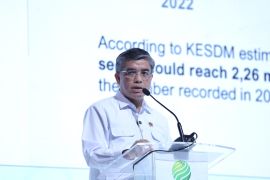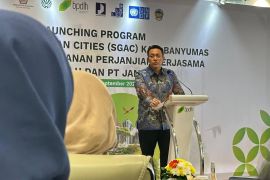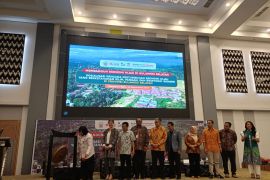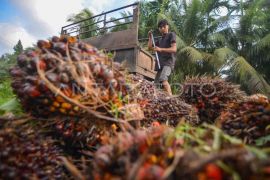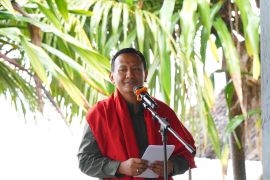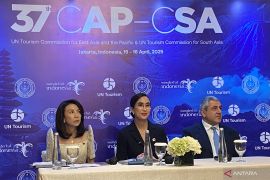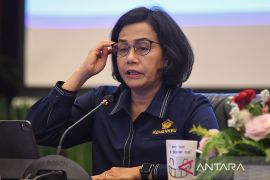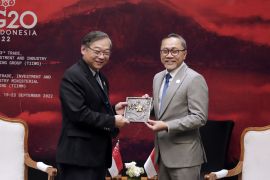"The government has a strategy to optimize the transition to a green economy, firstly through the establishment of a systemic green policy framework," the ministry’s deputy for economic affairs, Amalia Widyasari, said at the 'Green Manpower Conference,' accessed online from Jakarta on Tuesday.
This systemic green policy framework starts from the formulation of coherent inter-ministerial and institutional policies to the preparation of a financing plan for green economy, she informed.
"This is also not enough from the state budget, but also requires private sector mobilization and public awareness to lead to a green business model," Widyasari said.
The government is also optimizing the green economy transition in terms of financing so that business infrastructure in the capital market can also lead to a green economy, she informed.
"Currently, the Financial Services Authority (OJK) has also issued a green taxonomy, meaning that the financial sector should also fund green or environmentally friendly economic projects as much as possible," she added.
Furthermore, to optimize the transition to a green economy, the government has continued to educate the public that implementing a green economy will not correct the economic stretch, she said.
"But its implementation can actually be seen as a potential source of economic growth," she said.
The government will also create tools to measure the progress and impact of implementing more environmentally friendly activities on economic growth and community welfare, Widyasari said.
"I think it is important that we put in the right performance indicators. In the future, this is to measure how much progress the implementation of the green economy has made in Indonesia," she added.
Business actors can play a crucial role in helping the government make the transition to a green economy, according to the Institute for Development of Economics and Finance (Indef).
"Business actors are the only party capable of helping the government to develop a green economy," Indef researcher Nailul Huda earlier said.
Related news: Green economy to create 4.4 million new jobs: Bappenas
The green economy transition includes the use of more environmentally-friendly energy and industry, he said. The transition has been encouraged by the global community lately as an effort to address climate change, he added.
The business world can play a huge role in the development of a green economy, he said. Therefore, the government should make maximum efforts to encourage business actors to take part in the green transition, he stressed.
The key to maximizing the participation of the private sector in green economy development lies in the provision of incentives by the government, he explained.
According to Huda, as long as government incentives are sufficient to reduce the costs borne by business actors to shift to green economic practices, interest in the development of green industry and energy among business actors will remain high.
Related news: Indef highlights private sector's role in green economy development
Translator: Sanya D, Azis Kurmala
Editor: Rahmad Nasution
Copyright © ANTARA 2022
